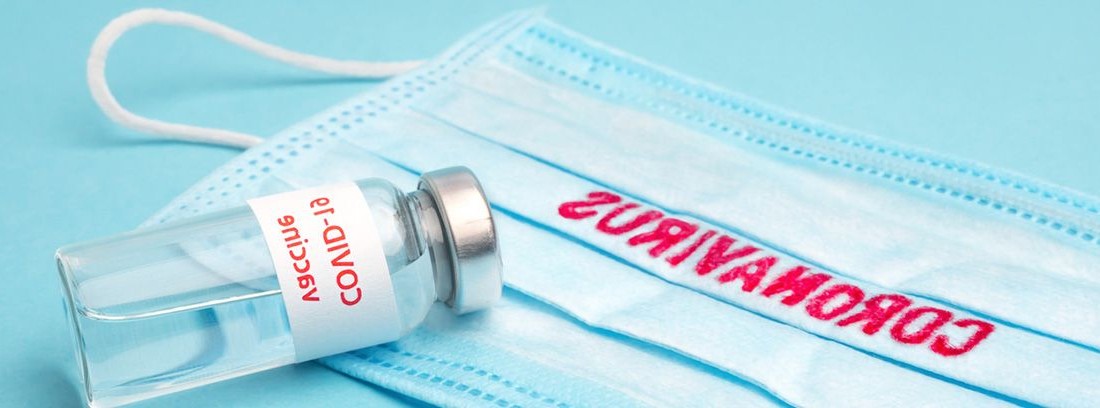The coronavirus and the use of masks

From the past May 21 it is mandatory to wear masks on public roads. A measure that, for the moment, remains active until the end of the alarm state. Specifically, the order published in the Official State Gazette (BOE) indicates that its use is mandatory on “public roads, in open air spaces and in any closed space for public use or that is open to the public, provided that it is not possible to maintain an interpersonal safety distance of at least two meters ”.
The standard also contemplates some exceptions: people who have some type of respiratory distress that may be aggravated by the use of the mask; people whose use is contraindicated for duly justified health reasons, development of activities in which, due to their nature, the use is incompatible, or causes of force majeure or situation of need.
Likewise, they consider it advisable to be used by children of three , being compulsory from six.
As reflected in the legal text, “the widespread use of masks by the general population to reduce community transmission of SARS-CoV2 is justified not only by its high transmissibility, but also by the ability that masks have shown to block the emission of infected droplets, very important when it is not possible to maintain the safety distance ”.
Types of masks for coronavirus
The new rule advises the preferential use of hygienic and surgical masks. The former will be used by healthy people, while surgical ones are recommended for positive symptomatic or asymptomatic people.
For their part, EPI masks They are for those who care for or are in contact with people who are symptomatic or positive for covid-19.
Keep in mind that ...
- If they are reusable, the manufacturer will indicate the maximum number of washes. From there, the effectiveness of the mask is not guaranteed.
- The not reusable should be disposed of after recommended use.
- For reasons of comfort and hygiene, it is usually recommended not to use the hygienic mask for more than four hours.
- As for artisan masks, the materials and manufacturing methods with which these masks are made are very diverse. Furthermore, they may not have passed the verification or test control. Therefore, its effectiveness is not guaranteed.
Although they are sometimes used other means of protection (for example, cloth masks, handkerchiefs, paper masks, or gags that cover the nose and mouth), not enough information is available on their effectiveness. Advance Medical Consultant Physician
(Updated at Apr 14 / 2024)